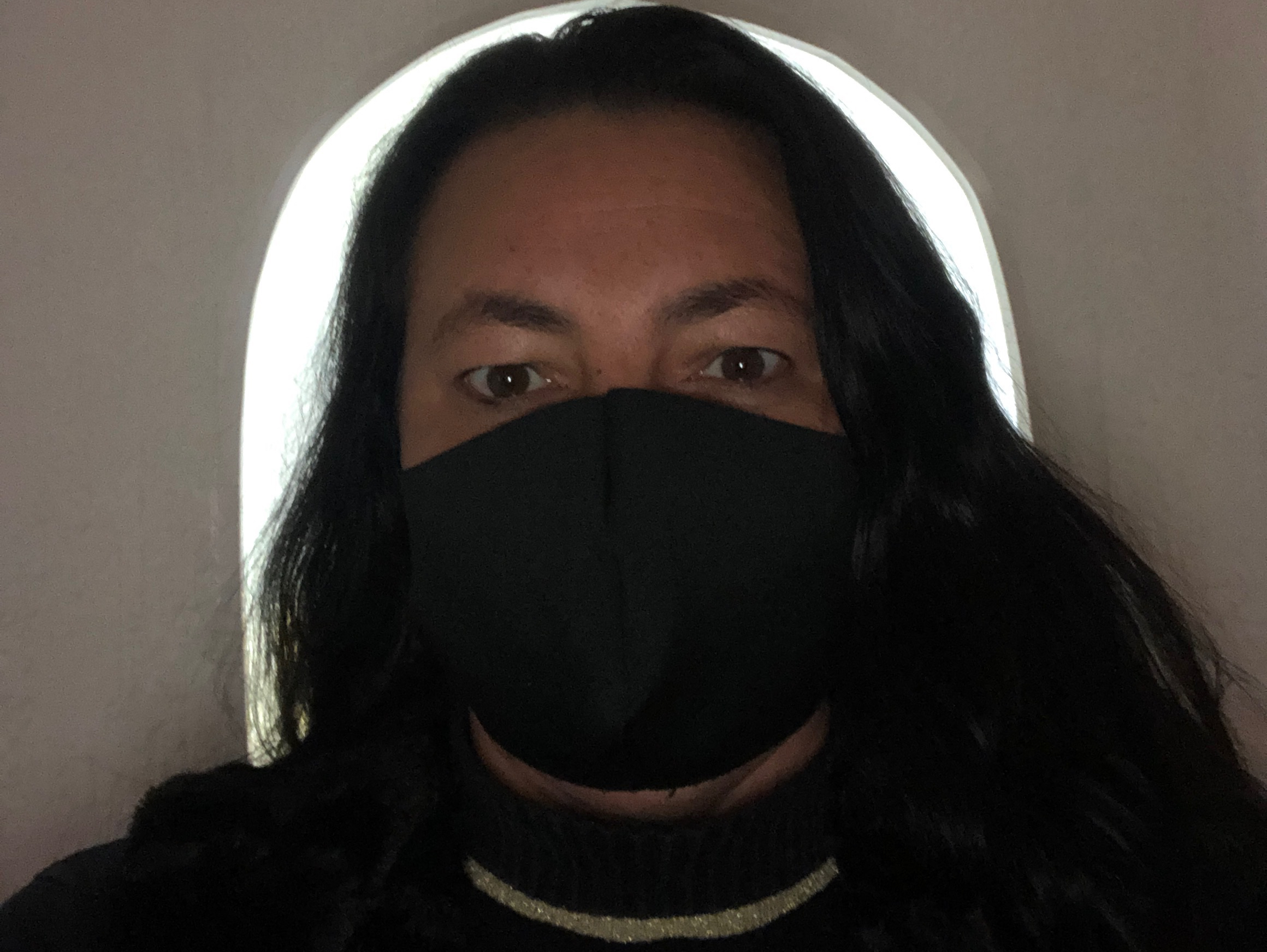Earlier this year, the Romani Cultural and Arts Company (RCAC) received funding from the Moving for Change project, based at Leeds Gate, to look at the health, social and economic impacts of the novel coronavirus pandemic and COVID-19 on roadside Gypsies and Travellers in Wales.
Dr Adrian Marsh, Researcher in Romani Studies and a long-time consultant to the RCAC, was commissioned to design a series of surveys for local authorities, regional police services and the Welsh government, and collate the data to produce an evidence-based report. As an experienced academic, social science researcher and Romani Gypsy born in Wales, who has also worked for organisations such as Save the Children and Open Society Foundations, Dr Marsh was given the brief to find out what has been happening to roadside Gypsy and Traveller families during the coronavirus pandemic.
RCAC wanted to gain a deeper insight into how the current crisis has intruded upon the choices and day-to-day lived experiences of Gypsies and Travellers in Wales. The final report has been finished and the results are sometimes startling; examples of landowners providing support for roadside Romani families caught by the lock-down whilst travelling, for instance. Sadly, the broader picture is less positive and the negative ramifications of the continuing calamity that is both the pandemic and the uneven and sometimes poor responses to dealing with it, are likely to last for generations.
The final report intends to both improve these responses and inform, drawing upon the insights gained, wider policy to the continuing coronavirus pandemic and future health crises. Some of the outcomes are:
- A deeper understanding and broader insights into the health, social and economic impacts of the novel coronavirus pandemic and COVID-19 on the Gypsies and Travellers of Wales;
- An opportunity to understand the underlying inequalities that have worsened as a result of the health crisis, amongst the Romani and Traveller communities of Wales, in common with the BAME population;
- A chance to ‘hear’ the voice of the Gypsy and Traveller families and individuals in Wales, to gauge the long-term implications of such pandemics and how previous cultural practices, which protected Romani and Traveller populations have been undermined by inadequate responses from government and health bodies;
- The possibility of considering how to best support Gypsy and Traveller groups in their desire to maintain their heritage and culture;
- The kind of advocacy that can have a real impact upon policy makers, decision-takers, local authorities, health services, police forces and other bodies to support reflection and improve action-plans, strategies, policies and future legislation, in the context of improving future well-being and equalities in Wales.
- RCAC is very proud to have had the opportunity to work with Dr Adrian Marsh, and to present the findings and recommendations in the final report. Dr Marsh has said,
‘The final report will, I hope, be one of the stepping-stones to a recovery after this dreadful pandemic has been eradicated, for Romani and Traveller communities in Wales, if used as a basis to understand the situation of one section of Welsh society that is often ignored and marginalised, in terms of health and wellness, when the current health crisis effects the whole population… COVID-19 and the novel coronavirus are not just diseases that impact upon Gypsies and Travellers, though they do so more harshly and with longer-lasting damage than on the majority of the Welsh population, similarly to the other BAME communities. This is a crisis that, unlike the specific health inequalities that Romani and Traveller families have been dealing with for generations, cannot be left aside, as it effects the whole population and the ‘curer’ will need to be one that is universal.’
Helen Jones of Moving for Change said: ‘Moving for Change is pleased to have been able to support this important work which includes data and information which may not otherwise have been presented. I hope the report will be noted by public service providers, some of whom should rightly cringe over the failure to consider the needs of Gypsies and Travellers highlighted. The most upsetting part of the report for me is in respect of Gypsy and Traveller children who seem to have been very rapidly left out of sight and out of mind, despite clear prior knowledge that these same children need all the support and consideration available to ensure they benefit equitably from our public education, health and other services.’
Please click on the link to download

